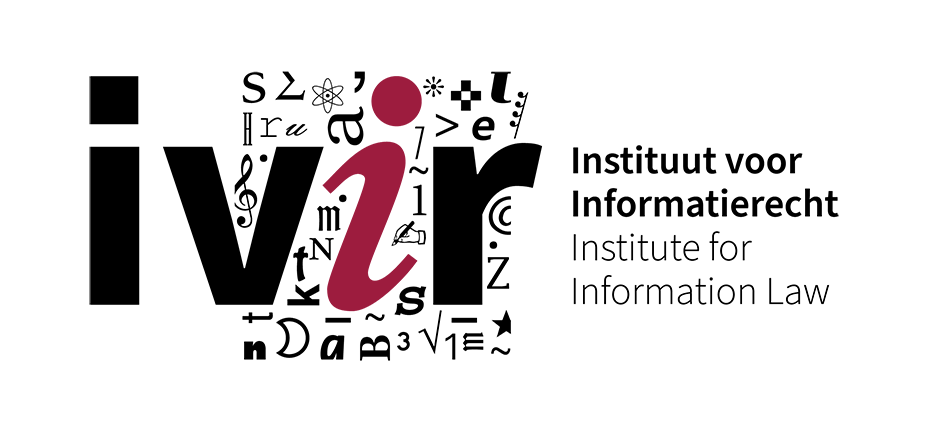The DSA and Platform Regulation Conference 2024
Registration now open!
See the conference website for programme and more information
“The DSA and Platform Regulation Conference 2024”
To coincide with the Digital Services Act (DSA) becoming directly applicable across the EU on 17 February 2024, the DSA Observatory at the Institute for Information Law, University of Amsterdam, will hold a two-day conference on
The DSA and Platform Regulation
at the Amsterdam Law School on
15-16 February 2024

The DSA is the EU’s landmark piece of legislation for addressing illegal and harmful content and activity, and protecting fundamental rights online. The DSA becoming fully applicable marks the end of a years-long drafting and negotiation process and opens a new chapter: that of its enforcement, practicable access to justice, and potential to set global standards. While the DSA extends the e-Commerce Directive’s core principles for the regulation of online services that handle third-party content and codifies existing self-regulatory practices initiated by online platforms, it also introduces significant legal innovations for the regulation of platforms in democratic states: a tiered system of due diligence obligations for intermediary services, the regulation of content moderation through terms of service enforcement, systemic risk assessment obligations for the most widely used platforms and search engines, and access to data for researchers.
With the DSA, the EU aims once again to set a global standard in the regulation of the digital environment. The purpose of this conference is to critically discuss the capacities of the DSA to deliver a meaningful new chapter in platform regulation. In particular, the conference organising committee invites paper abstracts reflecting on one or more the following themes:
- The challenges of realising meaningful transparency and accountability in platform governance;
- The feasibility and operationalisation of the risk-based approach in the regulation of content moderation, including systemic risk definitions, methods for risk assessments and questions of forward-looking responsibility;
- The DSA’s value in offering new sources of data for platform governance research (includes researcher access provision); more broadly: the degree to which the DSA succeeds in empowering academics, fact checkers, civil society, journalists and other critical observers in playing a role in platform governance;
- Access to justice issues for online harms and dispute resolution (new procedures and the functioning of those procedures);
- Effective approaches to the problem of disinformation;
- Definition(s) of unlawful content and its implementation by member states;
- Enforcement authorities’ positioning in the broader landscape; their independence, expertise makeup, interactions and interfaces with other regulators, industry stakeholders, research institutions and civil society organisations;
- Relation between the DSA, media regulation, and fundamental rights/constitutional settings, and other relevant pieces of regulation, including the Digital Markets Act, European Media Freedom Act, Audiovisual Media Services Directive, and Transparency of Political Advertising Regulation;
- The impact of the DSA beyond Europe;
- DSA-induced power shifts between the private and public sector, within the private sector, and in relation to civil society;
Registration and venue
The conference will be held in-person at the Amsterdam Law School (Nieuwe Achtergracht 166, 1018 WV Amsterdam) on 15-16 February 2024. Participants and presenters will need to cover their own travel and accommodation costs.
About the conference
The conference is jointly-organised by the DSA Observatory, the Institute for Information Law (IViR), the Digital Transformation of Decision-Making research initiative at the Amsterdam Law School, and the Digital Legal Lab interdisciplinary research collaboration between the law schools of the University of Amsterdam, Tilburg University, Radboud University and Maastricht University.
Conference Organising Committee
- Ronan Fahy, University of Amsterdam
- Joris van Hoboken, University of Amsterdam
- Paddy Leerssen, University of Amsterdam
- Ilaria Buri, University of Amsterdam
- João Pedro Quintais, University of Amsterdam
- Natali Helberger, University of Amsterdam

